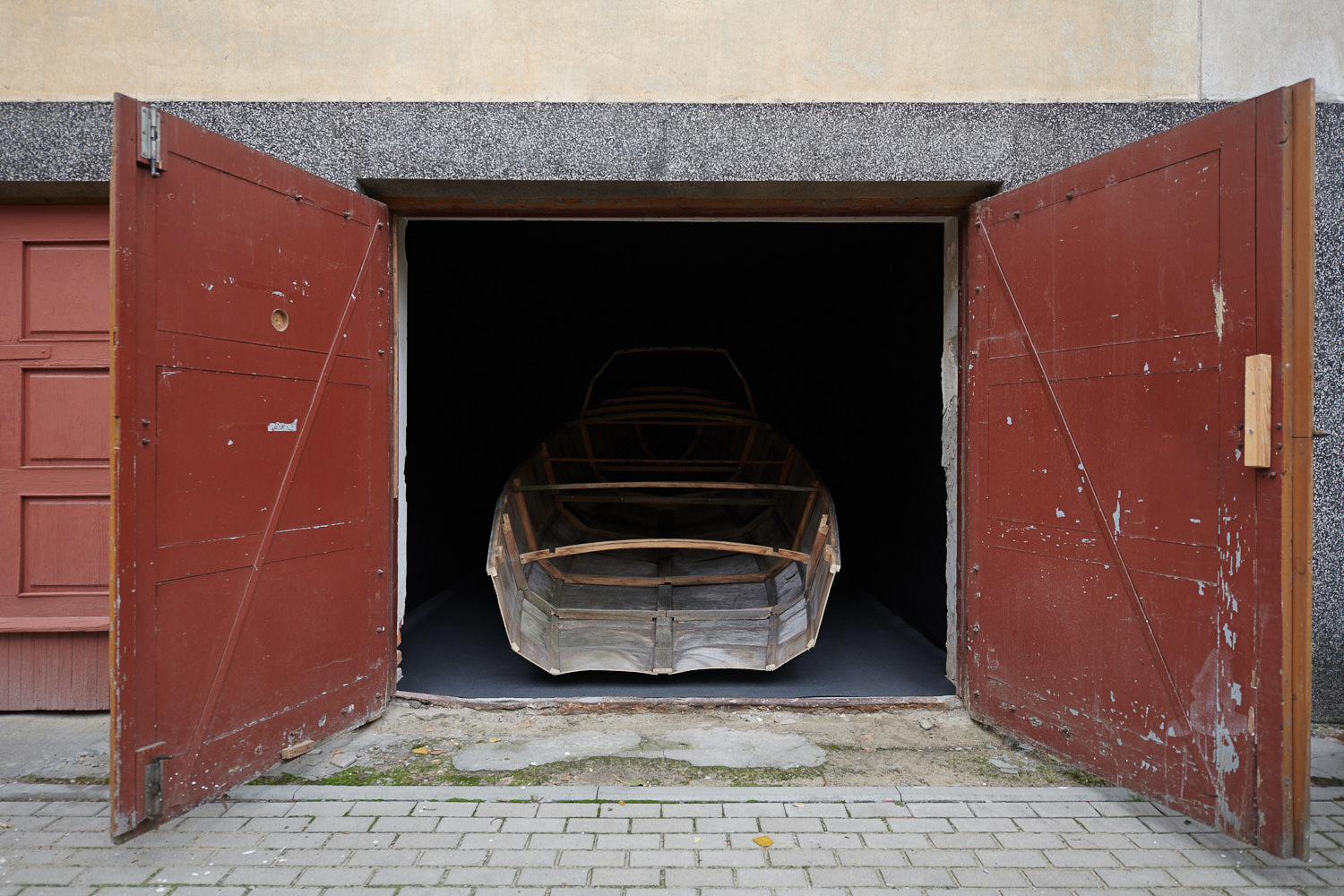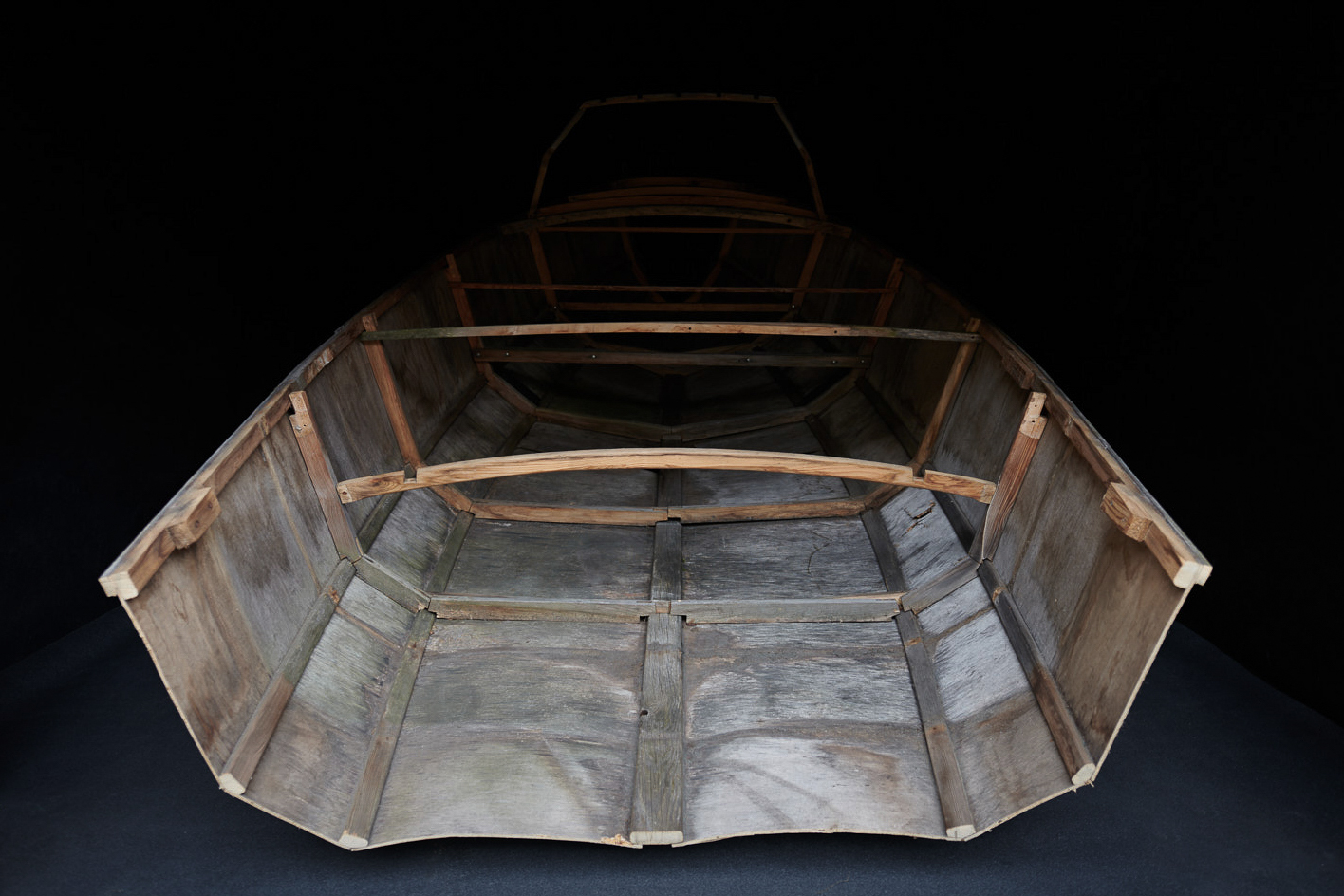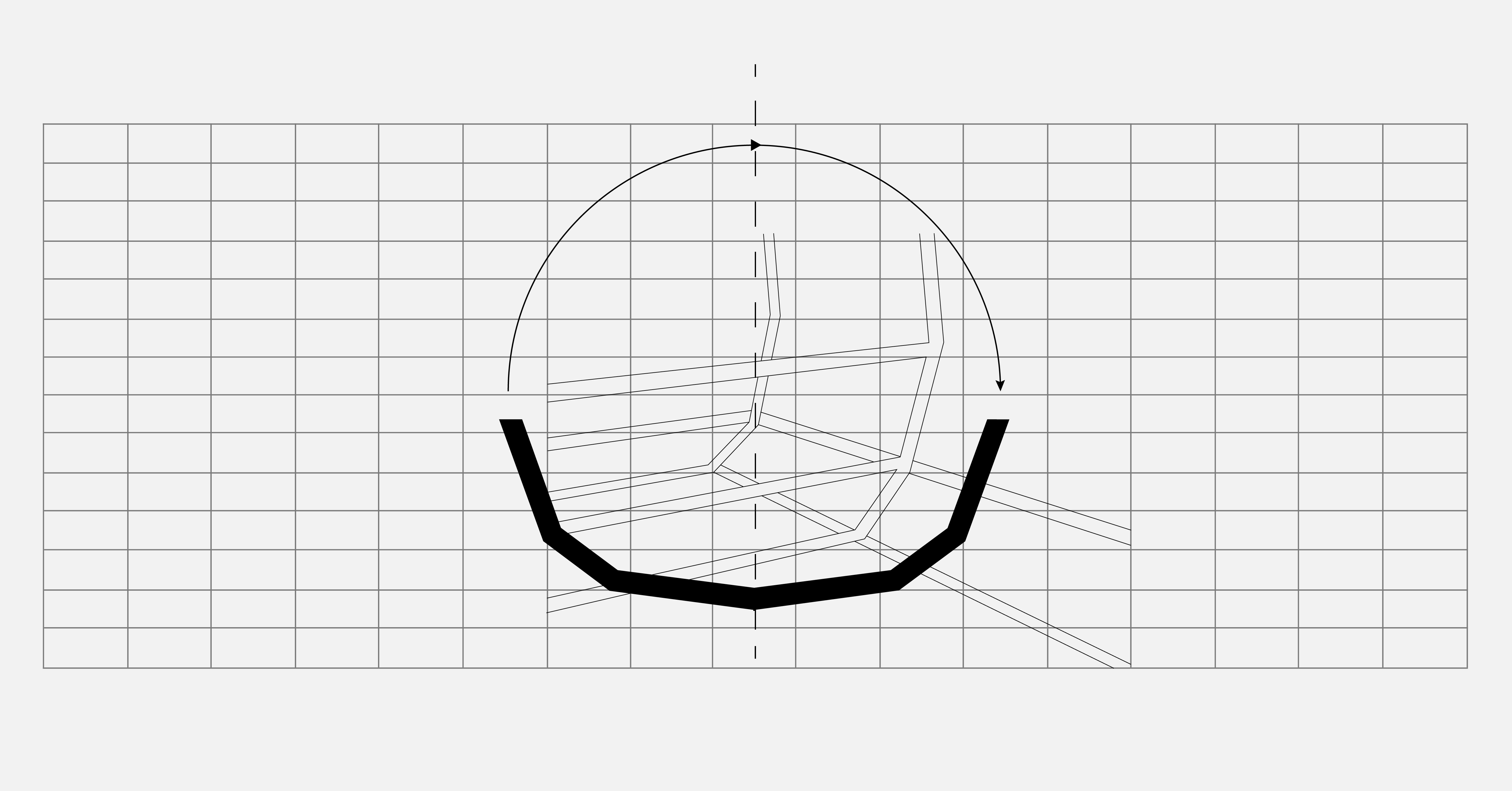Agnieszka Mastalerz
Джутта (Jutta) | 25.09-09.10.2020




The line between safety and violence is razor thin, the scale tips based on narrative. It’s a perpetual negotiation between the powerful and powerless. A vessel is an object that carries, but again, carrying isn’t necessarily always an act of care. A hold can be a buoy between equally precarious traps. To hold is a verb of support or restraint, depending on context. As a noun, hold is an act of containing, controlling. The position of power is again situational. But then again comfort itself can often be a trap, coddling us into passivity. When the choice between staying and going becomes the choice between the unimaginable and the impossible, what do you consider?
Violence is a mechanism and a modality, often expressed through control over a body—individual, networked, politic or otherwise. The subtlety with which it is unleashed is often its most disturbing quality. And what about the predicament of the human body that performs as an animal, that is controlled as if it was feral, as if it was other? What bodies are other, what are the contortions and manipulations we perform as we slip into the rigid frames and pressurized containers.
What if we remove ourselves from the notion of linear history, of a point on a map achieved by a forward march with one foot in front of the other, and we replace it with a web, a pouch—a space that is sometimes front, sometimes back, sometimes left or right, up or down. And it is rather the act of movement that contains value, not the compass position. What if we gathered, held, paused. Contorted, contained, and returned—to being. To being conscious of proximity and alone-ness, which is not to be confused with solitude. The vessel is an entanglement, a nested negotiation of internal and interior space, impossibly linked to the occupation of all matter, position-less time, and situational power.
This text is inspired by Ursula K. LeGuin's 1986 essay "The Carrier Bag Theory of Fiction". The title of the work refers to a dog that was rescued from the mass euthanization of stray dogs in Russia before the 2018 FIFA World Cup. Jutta was transported to Germany by plane, where she has been subsequently adopted and domesticated.
K. Zazenski
Джутта (Jutta) | Agnieszka Mastalerz
29.09-09.10.2020
Opening: Friday, 25.09, 18:00-21:00
Sound design: Stanisław Najmiec
Graphics: Renata Motyka
Stroboskop is open by appointment, please email stroboskopartspace@gmail.com or call +48 603 330 232 to arrange a visit